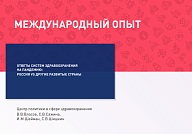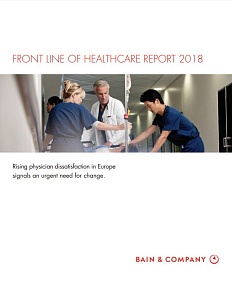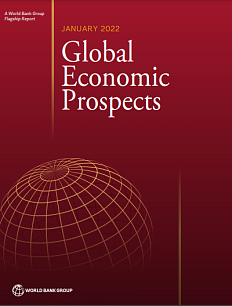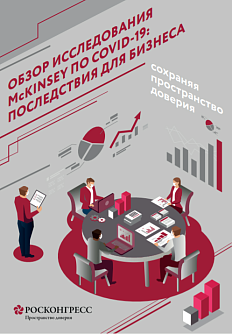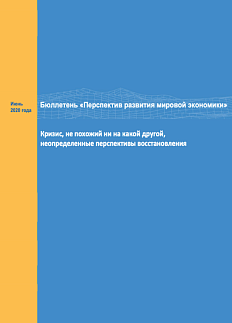Please note that all publications are provided for information purposes only and are not intended to be a substitute for professional medical advice, diagnosis, or treatment.
The HSE Center for Health Policy presents a study of the healthcare systems international experience in the context of the coronavirus pandemic. In this article, the authors consider strategies to provide different countries with personal protective equipment, differences in approaches to organizing medical care in case of coronavirus, as well as the prospects for developing a vaccine against COVID-19.
Roscongress Foundation analysts highlighted the main theses of this article, accompanying each of them with suitable fragments of video broadcasts of panel discussions held as part of business programs of the key events hosted by the Foundation.
Since the early days of the COVID-19 pandemic, many countries have faced a shortage of personal protective equipment (PPE). States use several strategies to overcome deficit, based on imports, easing of requirements for sale and use, and the repurposing of capacity to produce PPE.
Almost from the first days of the COVID-19 pandemic, many countries have faced a shortage of personal protective equipment: protective and surgical masks, goggles, protective screens, gloves, overalls. This was due to the high level of PPE consumption during the pandemic and global disruptions in goods supply.
The WHO Regional Office for Europe is leading the Monitoring of Health Systems Response to Pandemic COVID-19, which provides a comparative analysis of global developments. With its help, several options for strategies to overcome the shortage of PPE in different countries have been identified:
· Import of PPE.
· Requirements relaxation for the use and sale of PPE.
· Reorientation of capacities for the PPE production or increasing the volume of PPE production at existing facilities.
· Removal of PPE from reserve supplies in case of emergencies.
· Creation of PPE monitoring systems.
Models for organizing medical care for coronavirus patients differ markedly across countries. In some countries, this is mainly outpatient care, while others provide inpatient care. In Russia, a certain model has not yet been formed, and both approaches are often used.
All countries with developed health systems have experienced significant changes in the organization of health care. The main ones are: a significant strengthening of the infectious disease service; a significant increase in the capacity of hospitals; an expansion of the primary health care function; a sharp increase in the role of digital medicine; the mobilization of additional human resources; the use of new organizational forms of medical care; and the wide involvement of social services and local authorities resources.
Russia is implementing a wide range of mobilization measures to combat coronavirus with the participation of medical organizations of all types of medical care and forms of ownership. Priority is given to building up the infectious disease service bed fund and its technical and human resources equipment. The task is not only to meet the current need for bed capacity, but also to create a reserve of hospital capacities (some of the beds are not yet in use today).
Medication manufacturers have launched hundreds of projects to develop a vaccine against COVID-19. However, the authors of the study believe that the protection of the population should be based on a balanced and selective application of targeted measures that contribute to the restoration of public life.
The experience of the last century has secured the first place for vaccines in the range of drugs against infectious diseases. The attention of the whole world is drawn to the prospect of developing a vaccine against COVID-19, its appearance makes possible the normalization of economic and social life.
Based on the best estimates from the pharmaceutical industry, the study suggests that a satisfactory vaccine is likely to be available by the end of 2021. Consequently, peace can only be assured with a vaccine, if it is created, in 2022. This means that the citizens protection will not depend on medication and vaccines, but on epidemiologically sound methods of protection. They are the foundation of what has been done in recent months around the world. They will also remain the main ones for the coming years.
This article is part of the HSE Analytical Bulletin on the Economic and Social Consequences of Coronavirus in Russia and globally. You can find the full version of the publication here.
We also invite you to get acquainted with other materials posted in COVID-19, Healthcare, Medicine and Epidemics special sections of the Roscongress Information and Analytical System, dedicated to the development of healthcare as a strategic goal to ensure the country’s economic and national security.


